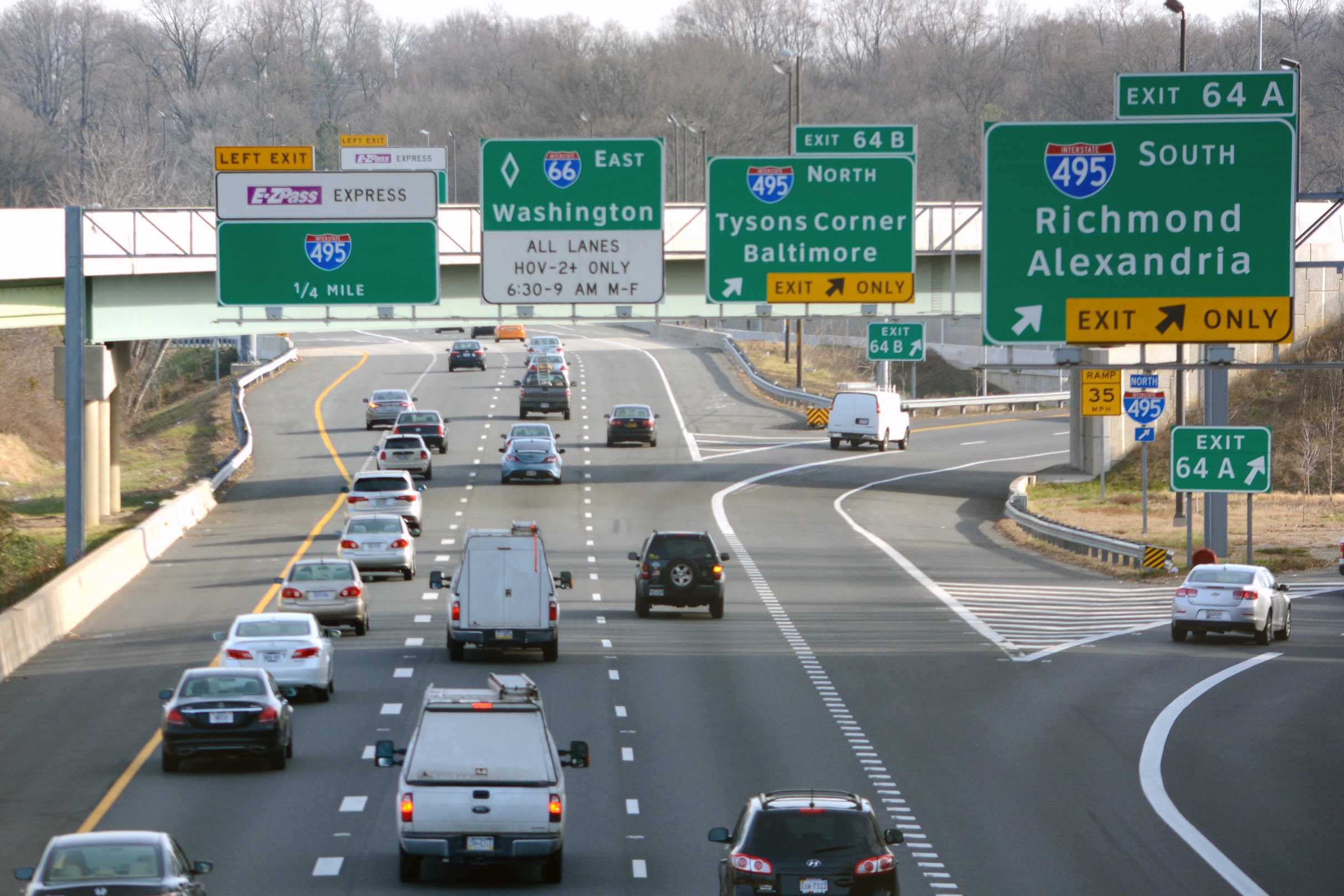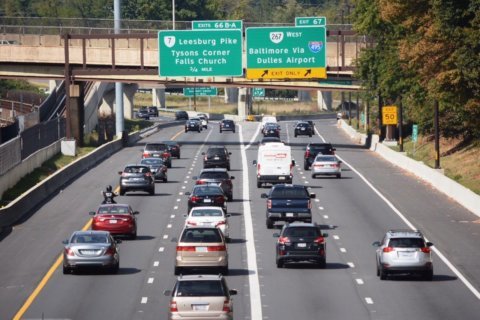A lost person’s chances of survival drops dramatically after the first 18 hours — but Virginia Tech researchers believe “teaching” unmanned drones to assist in search and rescue missions will save lives.
In 2017 alone, the National Park Service deployed almost 3,500 missions in national parks to search for lost hikers and visitors.
Currently, search and rescue missions have relied heavily on human knowledge and volunteerism, “finding people in wilderness environments and tracking clues,” said Ryan Williams, an assistant professor in the Bradley Department of Electrical and Computer Engineering, within Virginia Tech’s College of Engineering.
With a $1.5 million grant from the National Science Foundation, a group of Virginia Tech researchers hope to harness the power of unmanned aerial robots, or drones, to assist human searchers.
“We’re going to deploy teams of drones to capture lots and lots of visual data, and thermal data,” said Williams, “to try to point out areas of the environment that might be interesting for people to go look at” during a search.
Although drones are able to gather video, thermal imaging, or Lidar surveys, the challenge is to “teach” algorithms to filter useless material, and only provide human researchers with information that is likely to help in the search.
“They want pertinent information, when it matters,” said Williams. “If you send the human the wrong information at the wrong time, you can destroy trust between the human and the autonomous system.”
As the project begins, Williams said one challenge for a drone is finding a person under a thick canopy of trees in the wilderness.
“We’re training algorithms with thermal data to say, ‘OK, this hot thing here has the geometry of a human, and this hot thing here has the geometry of a bear or a deer.'”
Eventually, the drone would become “smart” enough to provide the perspective to the human searcher, in real-time, on a tablet or smartphone interface.
“The human can quickly say, ‘This stuff is not useful,’ or, ‘Oh, this stuff is useful,’ and our algorithms can actually learn from that feedback,” Williams said.
Williams said the group has received support from the Virginia Department of Emergency Management, which coordinates large-scale searches in the commonwealth.
In addition, the group is compiling historical data of what different people tend to do when they’re lost — for instance, a person with a cellphone would tend to move up in elevation to try to get service, while an elderly person might not travel very far.








